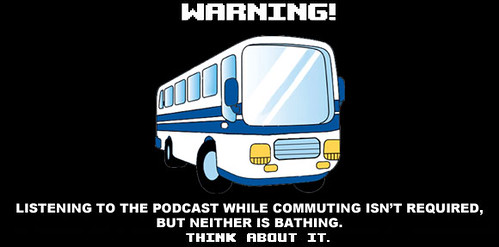Bird whisper:
Twitter fiction means
addiction.
Haiku choice in bird’s voice.
Twitter and Haiku. Two inventions. Why do we need them? Story, nature
(birds), strict structure.
Haiku Japanese poems follow a certain organization (three
lines, totaling 17 syllables). Twitter: not more than 140 characters. I am just
thinking now: tweeting is what the birds do when they feel safe in the forest -they
will only stop if they spot a threat! People, on the contrary, will set up a
#TwitterRevolution. Why do we tweet? It is
handier for humans, I guess… Twitter has 200 million active users. Among these,
some of them are preoccupied with #Twitterfiction. By the way, #twitterfiction
has been first mentioned in 2008:
It means:
Ruth Page, in her Twitter research says that “finding information
from people you never met in the offline world is really attractive” (BBC Radio
Leicester Interview, 2011). Andrew Fitzgerald says that it is attractive to use
the social media, because Twitter allows “fictional characters [to] engage with
the real world” (2013). My opinion is that the engagement is bidirectional: real world is immersed in virtual reality, and vice versa. However, both worlds
are realities to me. Another reason: people use Twitter because “we are still hungry for
narrative. New mediums aren’t destroying fiction, they’re allowing us to
innovate even more on how we create and consume our stories” (King, 2013). Isn’t
it awesome that we can write haiku on Twitter?
Digital haiku tweet
cuckoo.
Fictional birdie
Follows a tree.
References:
Andrew Fitzgerald (October 2013).Adventures in Twitter Fiction.Ted Talks. Retrieved from:
Rita J. King, (2013).How
Twitter is Reshaping the Future of Storytelling.
Page, R. (2011). BBC
Radio Leicester Interview with Ruth Page on her Twitter
Research. Retrieved
from: http://www2.le.ac.uk/departments/english/people/ruthpage

